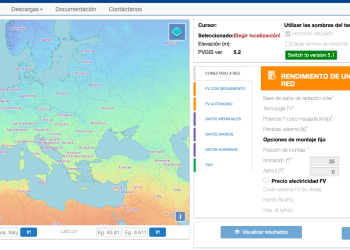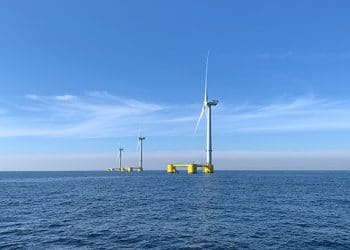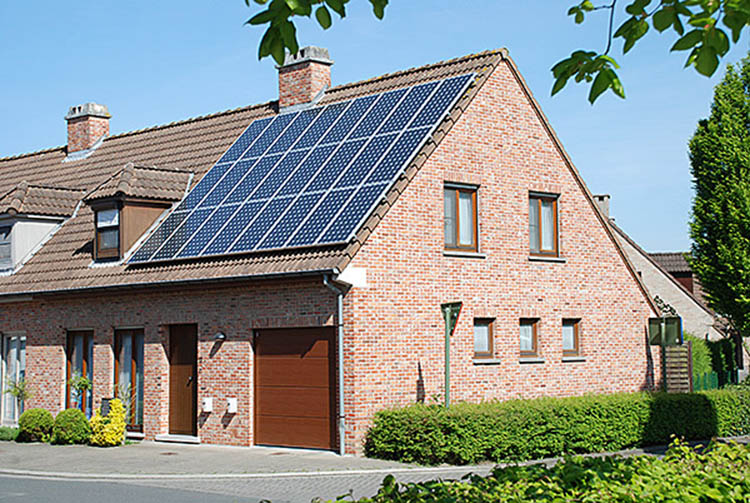ÚLTIMAS NOTICIAS
RENOVABLES
Lo que necesito saber sobre…
- Tarifa regulada PVPC y Tarifa de mercado libre
- Qué potencia contrato, periodos de discriminación horaria
- Cómo mejorar la eficiencia energética en casa o en la empresa
- Consejos útiles para ahorrar
- Qué hacer para poner una instalación de autoconsumo fotovoltáico en casa
- Qué hacer para poner una instalación de autoconsumo eólico en casa
MÁS NOTICIAS
Cepsa vende a PetroTal sus activos de upstream en Perú
Cepsa ha firmado un acuerdo con la canadiense PetroTal Corp. para la venta de su negocio de Exploración y Producción...
Repsol firma el mayor acuerdo para el suministro de combustible renovable de España
Repsol y el Grupo Sesé han cerrado el que es, por el momento, el acuerdo de suministro de combustible renovable...
Exus adquiere a Grupo Enhol un parque eólico, de 51MW, en Navarra
Exus Renewables, uno de los principales productores independientes de energía y gestión de activos renovables, ha adquirido al Grupo Enhol...
La competitividad de los precios de la energía es clave para el impulso al hidrógeno
La necesidad energética que requiere nuestro actual ritmo de vida, con el uso extensivo de dispositivos electrónicos, hace urgente disponer...
Barómetro AEGE: El consumo de energía para la industria electrointensiva en España fue en abril un 139% más cara que en Francia
AEGE ha dado a conocer su Barómetro Energético del mes de abril. Destaca que la factura por el consumo de...
Transición Ecológica busca jóvenes que quieran participar en la COP29
El Ministerio para la Transición Ecológica y el Reto Demográfico (MITECO) ha puesto en marcha Generación COP29, una iniciativa con...
Trina Solar y Arbro se reúnen con el Ayuntamiento de Huelva para presentar un proyecto de planta de hidrógeno verde
La española Arbro, compañía especializada en el desarrollo de energías renovables, y Trina Solar, empresa de módulos solares, electrolizadores y...
IGNIS pone en marcha su primera planta fotovoltaica en Andalucía: Guadacano, en Archidona y Antequera, de 62MW
IGNIS, la compañía energética especializada en renovables, ha puesto en marcha su primera planta fotovoltaica operativa en Andalucía. Está en...
Conocer cuándo es la luz más barata hoy para comparar ofertas de energía
Una solución para que las familias españolas puedan encontrar la mejor forma de ahorro, es el uso de herramientas de...
Así ha sido la mejor compra de módulos fotovoltaicos de la historia de Solaria
Solaria ha anunciado la mejor compra de módulos fotovoltaicos en su historia. La compañía ha adquirido 435 MW de módulos...











































